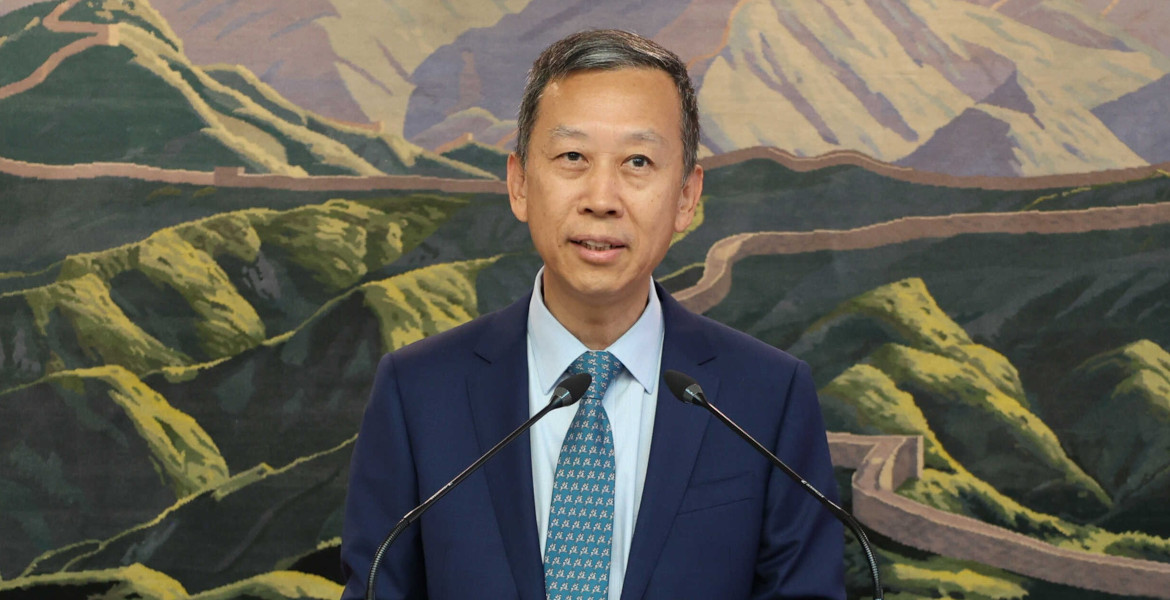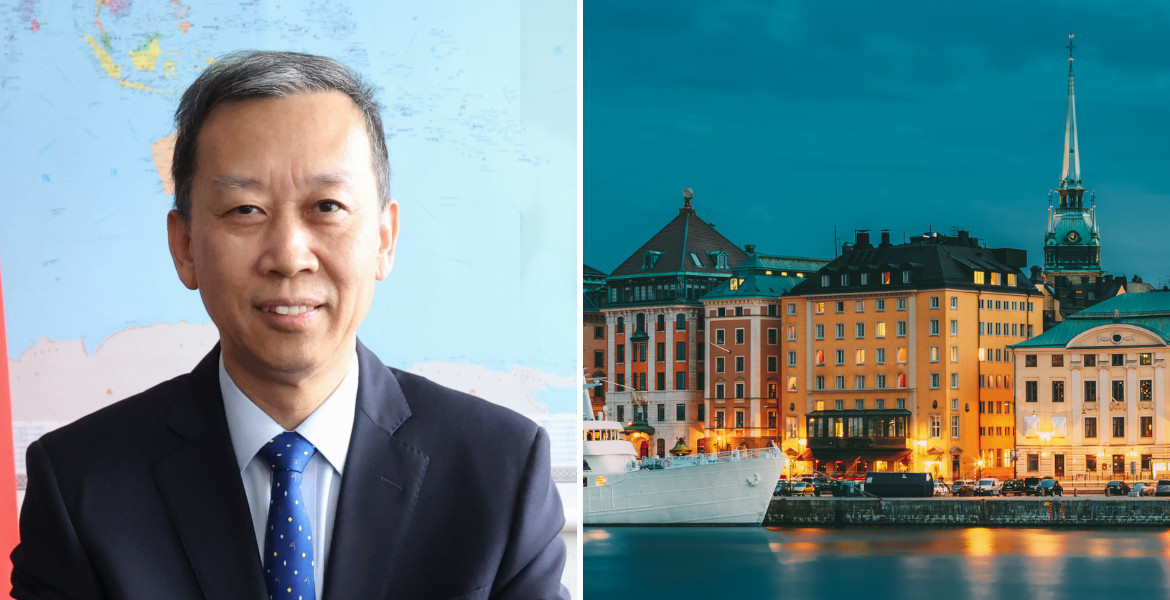In 1981 I started working as a primary school teacher. I had the privilege of working with the lower grades and every three years starting with a new first grade. In the first years of school, the pupils received a lot of training in shaping and writing both letters and numbers with a pencil. Many times we also used other materials to form and build letters, this to further train the motor skills and remember the letters in different ways, because we learn with the whole body.
In the fall of 1996, we got a computer in the classroom for the first time. It was placed at the back of the room and at the beginning it was only me and my colleague who used it to learn different programs. None of us were really that interested in bringing digital technology into the classroom. Even then, we thought it was more important for our students to get the letters and numbers "in hand" before they started writing on the computer.
Eventually, several educational computer programs, aimed at younger children, were published by educational publishers. There were many programs with exercises in, for example, preparatory reading. I had a few students who got a little help from some programs, to get started with reading and writing. But most of the class used the computer mostly for games in the afternoons, when after-school activities took over the classroom.
In 2001, the directive in our municipality was that every classroom in primary school should have two computers, and the call to us teachers was to ensure that those pupils who did not have access to a computer at home would have priority for the school computers. There was a great concern that these children would fall behind in digital development. That's what they said at the end of the 20th century, that some students would miss out. Imagine if we had known then what it looks like today.
Today, many have realized that the decision to digitalize schools happened far too quickly. There was an over reliance on digitalization, and there was a strong desire for Sweden to lead in all things IT-related in education. Digitalization advocates argued that children learn better with computers and tablets. This may be true in some areas, but in other contexts, it can be entirely inappropriate.
While research shows mixed results on the place of computers in education, what happens if students do not learn handwriting is clear. What is the risk that students who are forced to write by hand, with pen and paper, will have to take courses on how to surf the internet later in life? Most likely, that risk is zero. The big problem today is all the pupils who have been given a tablet as early as first grade, instead of a notebook and pen. Many teachers are concerned that students who have been in school for several years have no functional handwriting. In other words, they cannot write by hand.
We take so much away from our children when they don't learn to form letters with their hands. When they don't practice their own handwriting, they also have trouble reading other people's handwritten messages. Many of us will remember when SÖ (The Swedish National Agency for Education) introduced the new writing style in the 1970s. Students found it difficult to learn, and as a result, they could no longer read the handwriting of their elders. The new writing style had been developed by a calligrapher. However, many teachers criticized it without being heard. More and more teachers reverted to teaching the old handwriting style, which had been developed over so many years. The school board introduced the new writing style without listening to and taking advice from the experts, the teachers who worked in the school.
According to the Swedish Teachers' Union, 95% of teachers believe it is important for children to be able to write by hand, yet a fifth of teachers say their pupils never do.
The Swedish National Agency for Education is now proposing a change to the curriculum, emphasizing that more time should be spent on writing practice in the lower grades. It also wants to remove the requirement for digital learning tools in preschool. This is exactly what so many teachers said 25 years ago, that children need to learn to write with pen and paper in the early years of school. Learning to write is a craft and it takes time to learn to write by hand.
As in so many other contexts, people forget or ignore to listen to those who are experts and have experience in a field. Debates on important issues and decisions are missing. Only one side is usually given the opportunity to speak, while the other side is silenced, mocked or ridiculed. We need to learn to speak up when things go wrong – to have the courage to speak out.
Lena Nilsson, Uppsala Sweden




